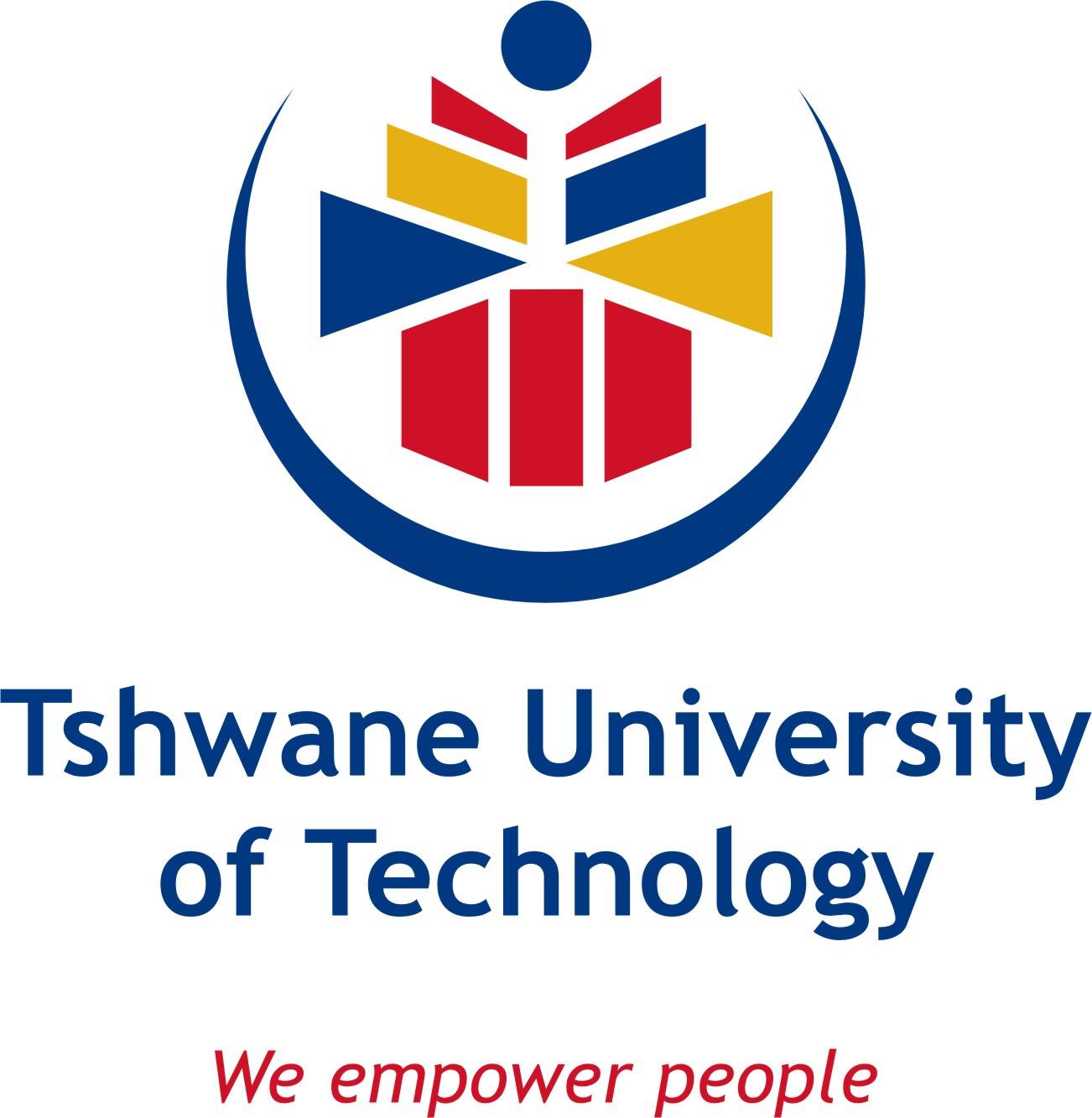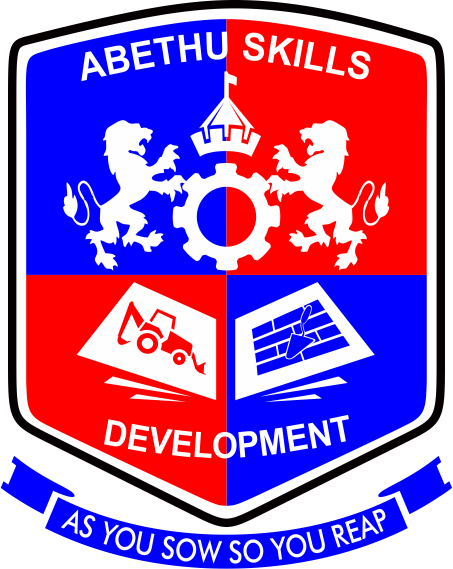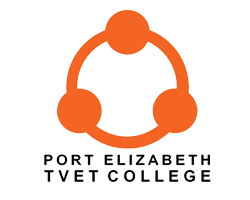Top 10 Electrical Engineering Courses in South Africa - Page 2
Discover Courses Tailored For You
Find the best courses to enhance your skills in various domains. Our diverse selection of courses will help you achieve your professional and personal goals.
Study with Top Creative Specialists
Learn directly from top creative experts on CourseTakers. Enhance your skills with their practical insights and experience.
All Top 10 Electrical Engineering Courses in South Africa - Page 2
Planning to learn Electrical Engineering in South Africa?
Here is a table of Electrical Engineering classes in South Africa along with the duration and cost of the course:
|
Institute Name |
City |
Course Name |
Duration |
Course Fee |
|
Cape Peninsula University of Technology |
Cape town |
National Diploma in Engineering: Electrical (Power Electronics Stream) |
3 years |
- |
|
CTU Training Solutions |
Cape town |
National Certificate:N4 Electrical Engineering |
18 months |
- |
|
Mangosuthu University of Technology |
Umlazi |
National Diploma: Engineering:Electrical |
4 years |
- |
|
Berea Technical College |
Durban |
Diploma:Electrical Engineering- Heavy Current |
1 year |
- |
|
College of Capetown |
Capetown |
N1-N3 Electrical Engineering |
48 weeks |
- |
|
Vaal University of Technology |
Vanderbijlpark |
National Diploma: Engineering: Electrical (Power) |
- |
- |
|
Oxbridge Academy |
Stellenbosch |
National Certificate: N1 Engineering Studies |
6 months |
- |
|
African Academy |
Boksburg |
Advanced Course in Electrical Engineering Design and Draughting |
1 year |
R 35 000 |
|
Wamalloy Engineering College |
Pretoria |
N4-N6 Electrical Engineering |
- |
- |
Top Electrical Engineering Institutes in South Africa
1. Cape Peninsula University of Technology, Cape town
2. CTU Training Solutions, Cape town
3. Mangosuthu University of Technology, Umlazi
4. Berea Technical College, Durban
5. College of Capetown, Capetown
6. Vaal University of Technology, Vanderbijlpark
7. Oxbridge Academy, Stellenbosch
8. African Academy, Boksburg
9. Wamalloy Engineering College, Pretoria
Cost of Electrical Engineering courses in South Africa
The average cost price of the course is R35000
Duration of Electrical Engineering courses in South Africa
The average duration of the course is 6-18 months, or 1-4 years
Salary of an Electrical Engineer in South Africa
The average salary for an Electrical Engineer in South Africa is R374,011.


















